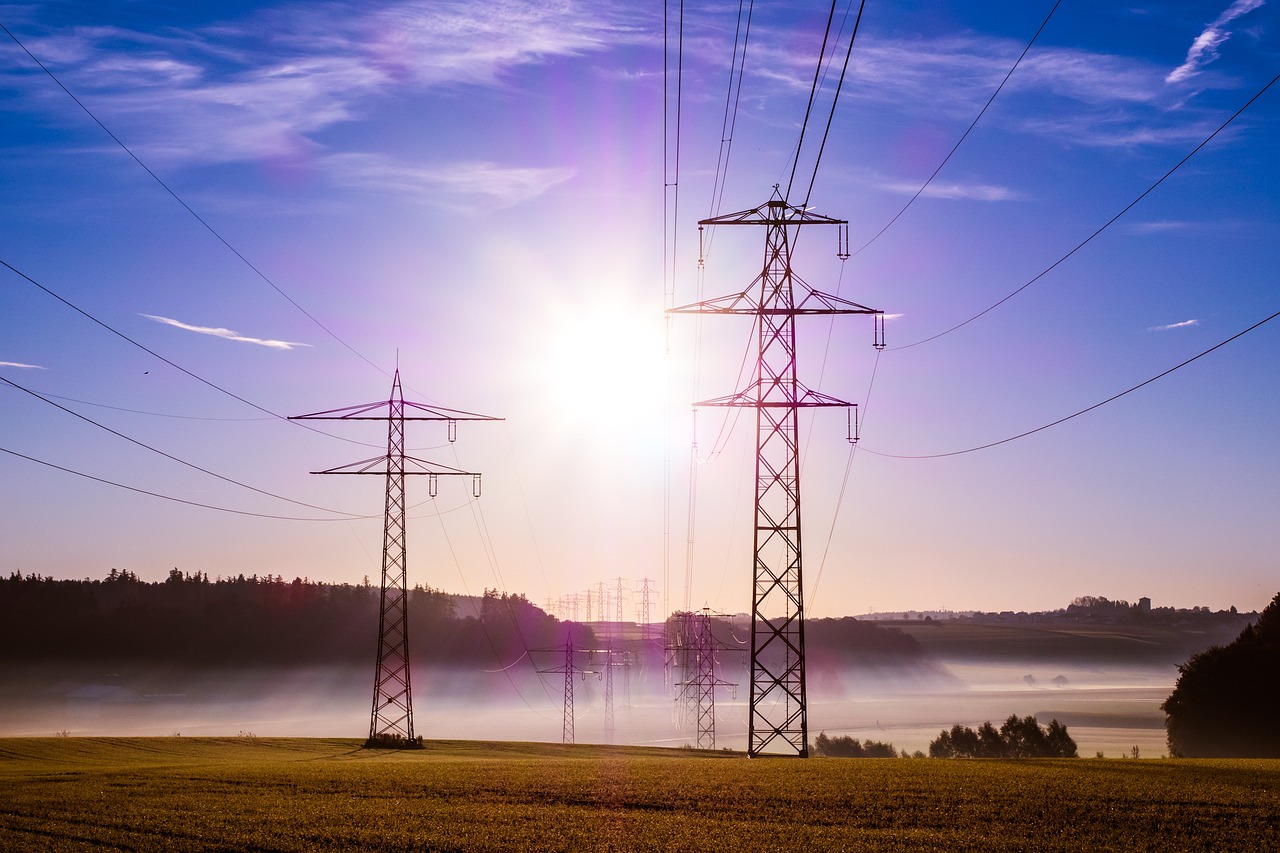California’s new $7.3 billion grid modernization plan is a crucial step in furthering its ambitious climate goals.
The board of governors for the California Independent System Operator (CAISO), the state’s grid operator, recently approved a strategy to build thousands of miles of new high-voltage transmission lines. This step addresses a key challenge towards decarbonizing energy consumption: providing enough transmission to connect a massive amount of new clean energy sources to the grid.
Beefing up transmission capability is essential to meeting California’s goal of a carbon-free energy sector by 2045. What’s more, expanded grid capacity could result in lower electric bills for customers if the cost of clean energy generation technology continues to drop.
As more jurisdictions adopt building codes that ban natural gas hookups, and encourage adoption of heat pumps and EV chargers, the environmental benefits of such regulations depend on sourcing clean energy. A more robust grid that can assimilate new solar and wind farms makes this possible.
Related Stories
Codes and Standards | May 18, 2017
AIA releases updated edition of its A201 flagship documents
These core documents are updated once a decade.
Codes and Standards | May 16, 2017
Trump’s proposed corporate tax rate changes said to stifle funding for affordable housing
Banks reluctant to commit to specific deals with tax credit status uncertain.
Codes and Standards | May 15, 2017
New IoT-Ready Alliance to establish standard for IoT sensors in LED light fixtures
It aims to make installation of technology easier.
Codes and Standards | May 10, 2017
OSHA increases penalties on South Dakota contractor after fatal building collapse
Agency issues over $300,000 in fines for ‘willful’ safety violations.
Codes and Standards | May 9, 2017
Potential shade on Boston Common from proposed high-rise raises public ire
The Mayor is among those who want to change 1990s anti-shadow law.
Codes and Standards | May 9, 2017
Method of estimating amount of CO2 by building occupants may be inaccurate
New research suggests current estimates may be off by as much as 25%.
Codes and Standards | May 8, 2017
National Fenestration Rating Council’s new U-factor standard open for public comment
Member-approved ballot change to NFRC 100 comments to close on May 28.
Codes and Standards | May 4, 2017
Millennials’ views on sustainability could influence the workplace
Nine out of ten say it is important that they work for a company committed to sustainability.
Codes and Standards | May 3, 2017
New York State extends design-build authority
The legislation includes eight additional projects.
Codes and Standards | May 2, 2017
U.S. announces preliminary tariffs on Canadian softwood lumber
The rates range from 3% to 24% per producer.

















